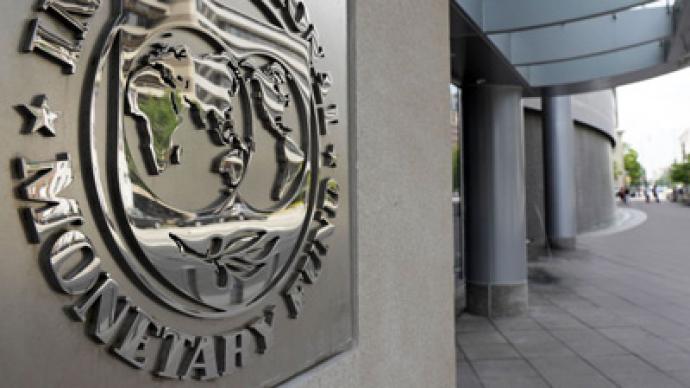Inequality: some people know what they want to find
One wonders how many times Guardian economics columnists have revealed the shocking discovery that: 'trickle-down economics' doesn't work, equality isn't only desirable for fairness reasons but also for growth and stability; some important group with heretofore sound neoliberal credentials agrees; and that shadowy international organisations and selfish elites are to blame for this fairly clear truth not being tackled through policy. Messrs Elliott, Chakrabortty and Inman, responsible for most of the august paper's economics comment, and all apparently endowed with eternal reserves of surprise, regularly inform us of these groundbreaking findings, that shatter economists' ideological complacent laissez faire free market neoclassical neoliberal capitalist consensus.
The latest has a title that might well have been automatically generated: "So much for trickle down: only bold reforms will tackle inequality" with an equally excellent standfirst, "Even the IMF recognises the vicious circle in which inequality breeds instability, which causes recession and spending cuts that make inequality worse". Between them they really hit up all of the bases, and the piece is no different.
IMF research released last week (pdf) shows that there are economic downsides to inequality. Raising the income share of the poorest 20% of the population increases growth by as much as 0.38 percentage points over five years. By contrast, increasing the income share of the richest 20% by 1% decreases it by 0.08 percentage points. So much for trickle down.
She added that these disparities were becoming baked in, with social mobility on the decrease. To get on in life, you had to live on the right side of the tracks, and according to Lagarde, that “didn’t sound fair”.
At this point, readers might be wondering whether this IMF has anything to do with the other IMF, the one that tells countries seeking financial help that they need to liberalise labour markets by cutting minimum wages and reducing the scope of collective bargaining; the one that demands cuts in public spending and insists that state assets should be privatised at every opportunity.
They are indeed one and the same. The IMF that warns of the perils of inequality is the IMF that is demanding measures of Greece that will add to poverty and make inequality worse. One half of the fund – the economics team that comes up with the big-picture analysis – says one thing. It supports investment in education, an enhanced role for trade unions and higher taxes on the rich. The other half – the part that draws up the structural adjustment programmes – says something entirely different.
What's weird is that while it would be nice to believe in a mendacious Larry Elliott, realistically it's more reasonable to assume this is all in earnest. Indeed, does it really make any less sense than my worldview?
I can point to evidence suggesting that inequality doesn't perpetuate through educational differences. I can point to evidence that people don't actually care about real world inequality, which they wildly mis-estimate; they only care about their perceptions of inequality, which changing inequality doesn't necessarily change. I can show that inequality doesn't unduly affect politics, that it doesn't undercut morality or community, and that the Spirit Level is nonsense.
But then you have people like the IMF, surely among the most credible bodies in the world, regularly releasing papers saying we should care. Who would you believe? As ever, it's very hard to decide what to do when one's meta-rationality goes awry.
I can say that the methodology of the IMF work is shoddy and that you should look at credible meta-analyses—but why should Elliott et al. trust me when I'm going against far more credible people. And surely we cannot expect everyone to dissect the details of every paper when they make a judgement on the area.
So while I might criticise the rather silly framing of this new 'revelation' I can hardly give full-throated criticism of the Guardian economics section line in general—interpreting evidence is just too hard.

